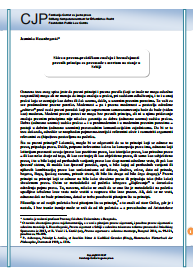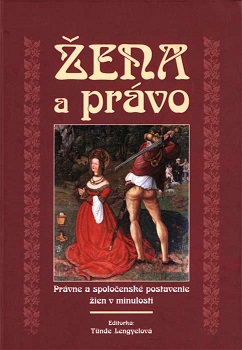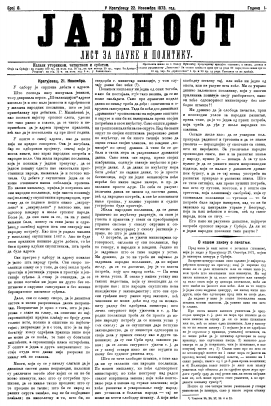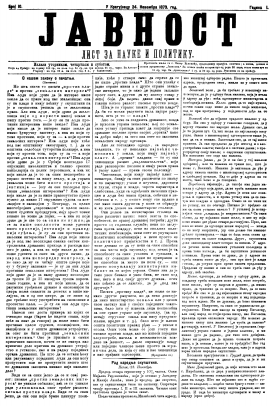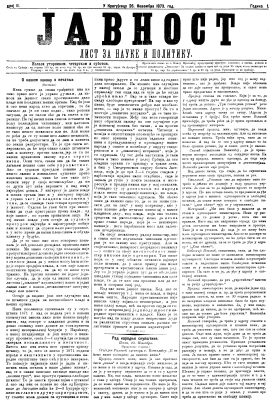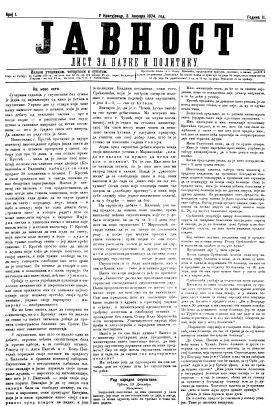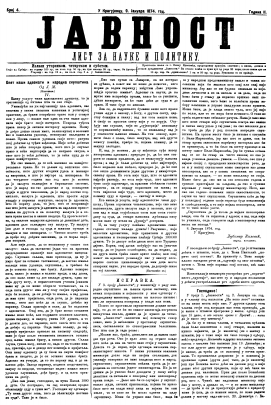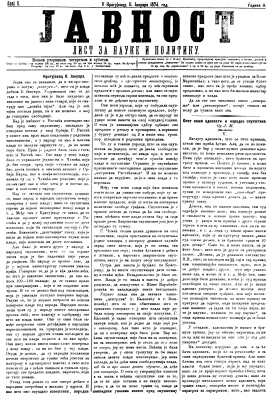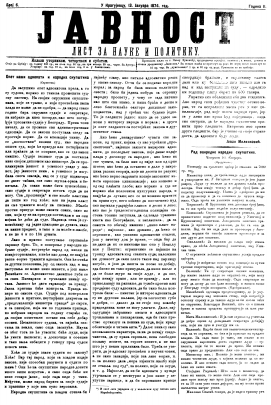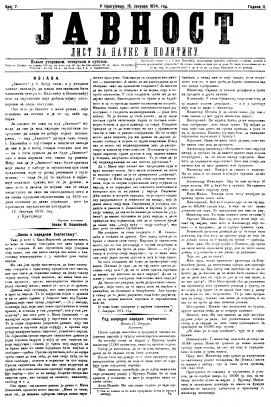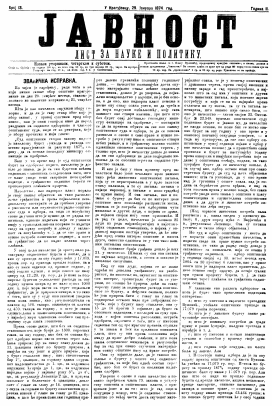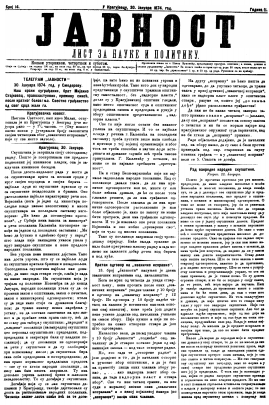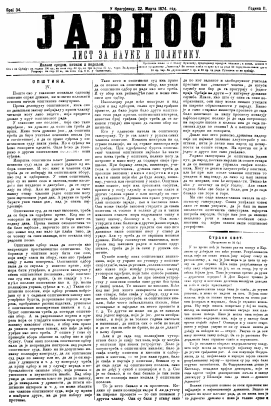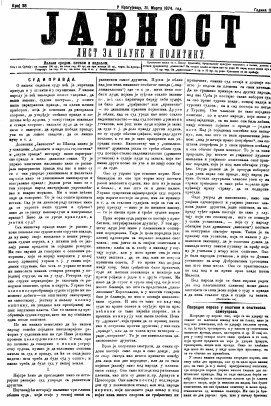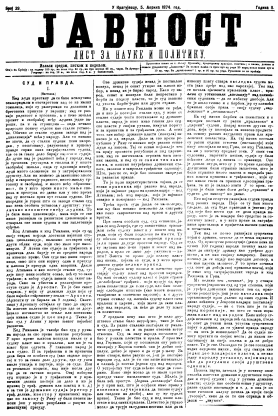Author(s): Vladimír Segeš / Language(s): Slovak
Publication Year: 0
Today's leading world medievalists portrayed ten profiles or social prototypes of the medieval society. They are monks, the warrior and the knight, peasants, the city dweller, the intellectual, the artist, the merchant, women and the family, the saint and the marginal man. In the chapter about women and the family, there is no mention about crime and in the chapter about the marginal man, no special attention is paid to women. This can make an impression that the two phenomena - women and the crime - were negligible and not interrelated. Based on archival sources and research findings the paper addresses some questions connected to wom en and the crime on the example of the medieval Bratislava (Pressburg, Pozsony, Presporok). In medieval Bratislava as in many other towns and in medieval society as such, judicial practice distinguished following types of crimes: 1. Crimes against people including homicides, murders and grievous bodily harm 2. Assaults, the most frequent being rape and robbery, 3. Crimes against morality and against the institution of marriage (adultery, incest, sodomy), but including also hazardous games, 4. Crimes against one's honour (slanders and insults), resistance to authorities or a lack of loyalty (lese-majeste) and 5. Crimes against property, primarily thefts. An interesting document and a special kind of a criminal record is represented by the oldest warrant for market thieves' arrest. There was quite a significant number of women amongst the thieves. In the old Bratislava, women were usually accused and found guilty of thievery and immoral behaviour. Thefts and crimes against morality formed a significant proportion of criminal trials and were often punished by the capital punishment. Fornication, unless it was connected with murder or infanticide was punished rather leniently. The most common punishment was flogging and banishment. When tried for fornication, women were usually punished more severely, whereas their partners often got away with a fine. Similarly, they punished adultery. Rape or defilement, especially if a girl was a virgin was considered extremely serious crime, almost universally punished by death penalty. The oldest town protocol and other document are full of cases in which women were objects of assaults, robberies and aggression. Another phenomenon, though not directly tantamount to the crime, but in a way connected to it was prostitution, the oldest profession in the world. Authorities tried to regulate prostitution by controlling the brothels. Profits from running a brothel were not insignificant and medieval Bratislava was not an exception. A typical female crime was witchcraft and magic. Several women were tried and condemned as witches in Bratislava. In conclusion, we can say that punishments in the middle ages were meted out according to municipal law codes and some other laws, but the final decision and punishment was influenced by several other factors.
More...
